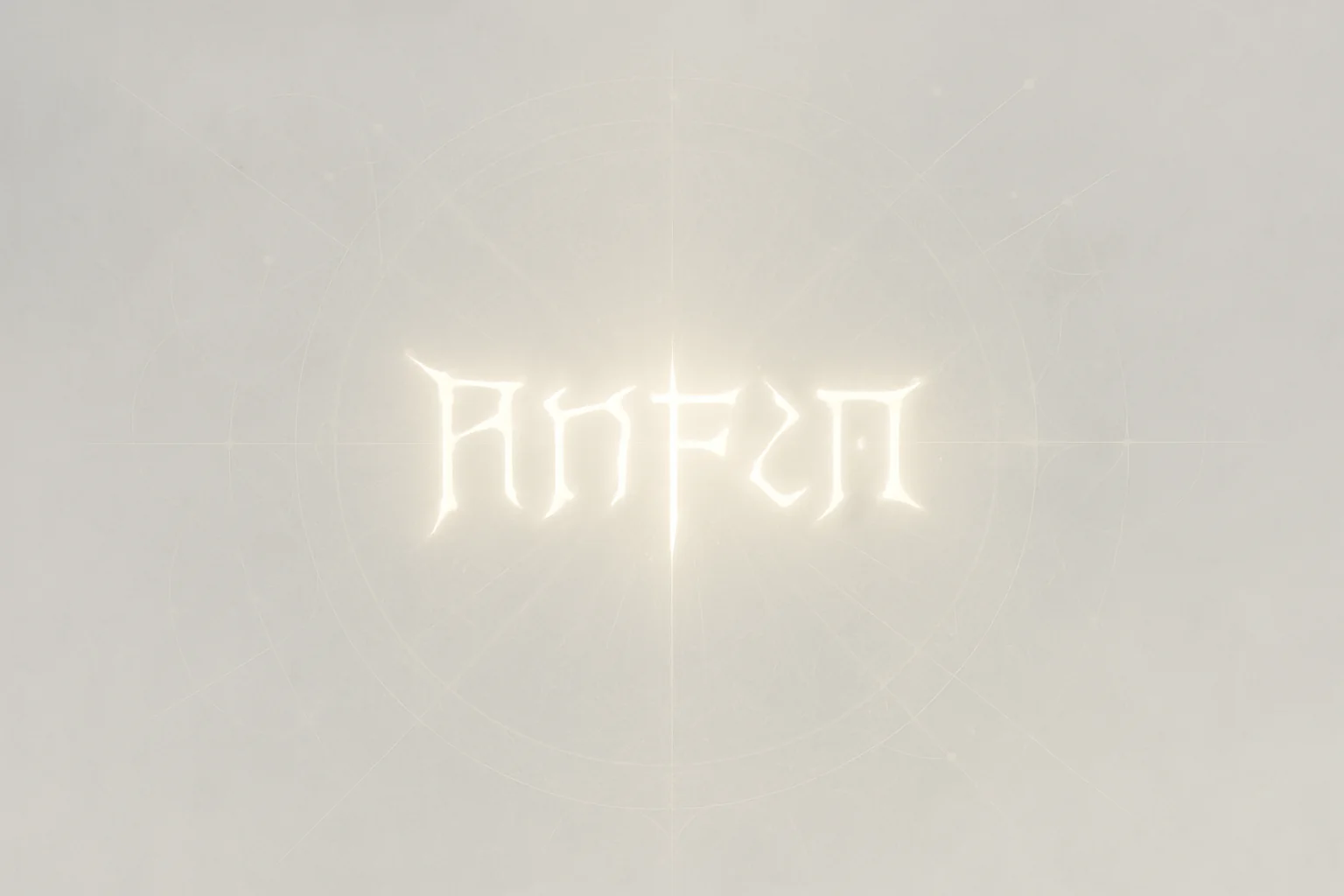Pre-Genesis Echoes: The Ancient Pulse of “Word”
Before there was text, before ink met scroll, there was the Word. Not as mere utterance, but as vibration—an originary pulse reverberating across proto-consciousness. The English “word” descends like stardust from the Proto-Germanic wurda, which itself drifts from the even older celestial root were-—a whisper in the Proto-Indo-European void meaning “to speak,” or “to say.” Spoiler: it said everything.
Old English and the Lingual Fossil Record
The Old English version of “word”—astonishingly identical to today’s—functioned not just as a speech unit, but as a statement of intent, a magical sigil of promise, and the sacred packaging of thought. It was, in short, the Swiss Army knife of human intention.
Sibling Words from Other Language Realms
Across the Indo-European language nebula, cognates appear like long-lost relatives at a family reunion no one remembers RSVPing to:
- Old Saxon: word
- Old Norse: orð (the cool Viking cousin)
- Dutch: woord
- German: Wort (sounds serious)
- Old Frisian: also word, still waiting for its big break
Sacred Scripts and Mythic Murmurs
Biblical Cosmogenesis: “In the beginning was the Word.” A mic drop from eternity. The Word wasn’t just present—it was first. The divine app launch that booted up the universe.
Egyptian Mysticism: In the sacred tongues of the Nile, speech itself was alchemy. Logos wasn’t a brand, it was a spell. Words didn’t describe reality—they conjured it.
Indigenous Cosmologies: Many native traditions wield language as sacred technology. Speaking becomes an act of world-building, of naming and thereby creating. Word as wand.
The Word as Shape-Shifter
Today, the “word” still refuses to settle down. It masquerades as:
- A symbol
- A sound
- A declaration
- A legal binding agreement between carbon-based bipeds
- The thing you yell at your friend when they say something cool: “Word.”
Grammatical Ascension and Lexical Shapeshifting
From ink-splat scribbles to linguistic atoms of meaning, the word has evolved into:
- A written cipher
- A discrete semantic unit
- A building block in communication systems
- A formal vow dressed up in grammar
Neuro-Linguistic Fireworks
In the brain, words aren’t just tools—they’re switchboards of cognition. Each word spoken lights up the mind like a city viewed from space. Thought rides on the back of syllables like a knight on a metaphysical steed.
Quantum Word Realities™
Yes, we’ve entered that part of the essay. Some theorists propose words operate like quantum particles: collapsing into meaning only when observed, carrying infinite potential until spoken, vibrating with semiotic uncertainty. Schrödinger’s Dictionary.
Societal Sorcery and Verbal Contracts
Words hold power. Not the “be-nice-to-people” kind. Real power:
- Power to bind (contracts)
- Power to destroy (insults)
- Power to transmit knowledge, trauma, memes
The phrase “My word is my bond” is just ancient spellcraft in a business suit.
The Digital Demiurge: Words in the Algorithmic Void
In the cold, humming circuits of the internet, words now shape algorithms, structure metadata, drive ads, summon rideshares, swipe dates. They are no longer just carriers of meaning—they are meaning, optimized for click-through rates and server pings.
Final Reflections: Words as Creative Engines
Words are more than tools; they are engines of becoming. They do not reflect the world—they compose it. Each utterance a chisel carving reality into shape. As Pasternak so elegantly muttered from the grave:
“A word is not a crystal, transparent and unchanging; it is the skin of a living thought.”
And what beautiful, writhing, irritable thoughts we all are.
